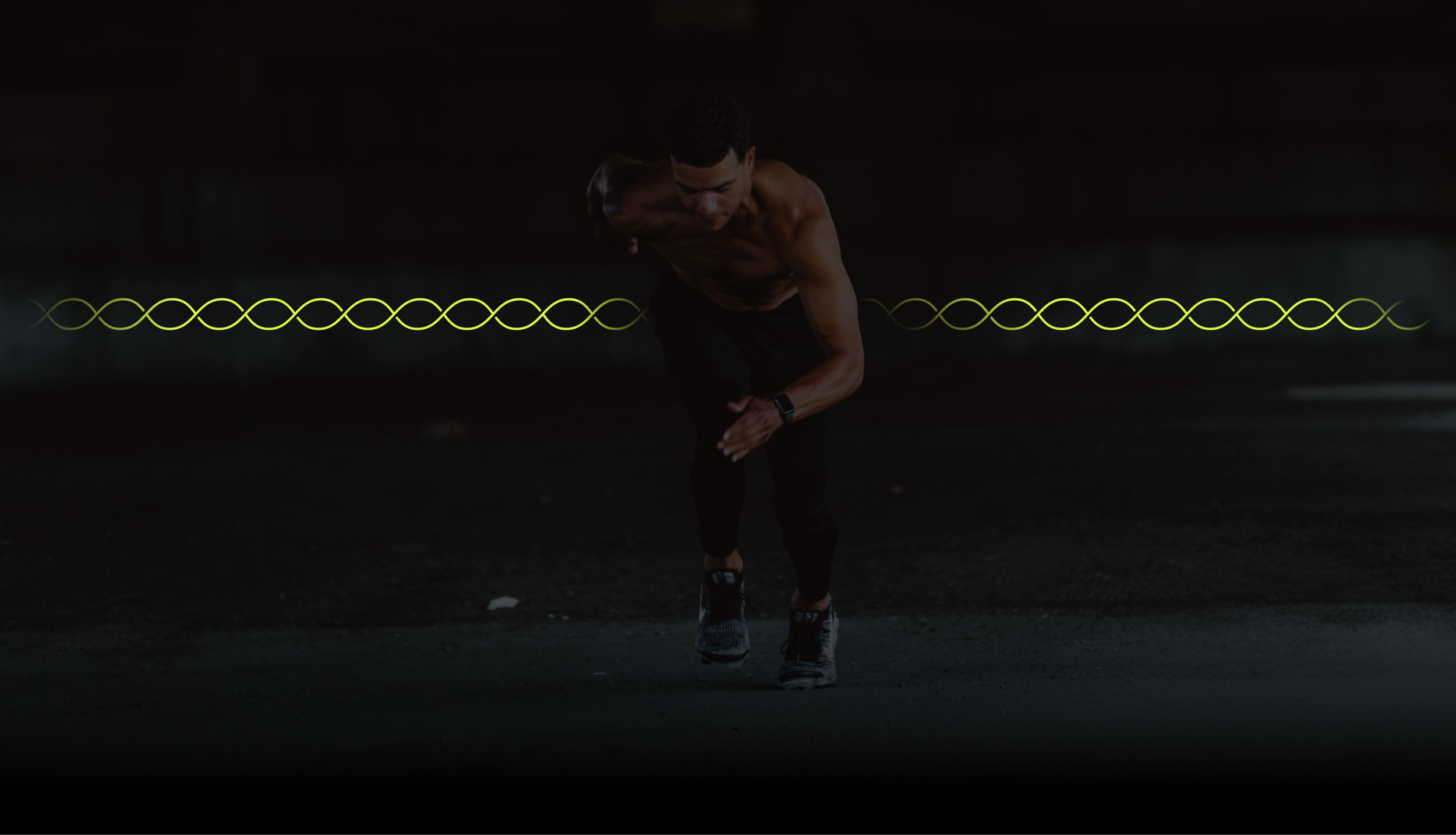
The Science
Know your clock
What is your circadian rhythm?
Your circadian rhythm is your internal biological clock. It shapes everything—from energy and focus to strength, recovery, adaptation, and performance across the day.
This rhythm is influenced by both your genetics and your environment, meaning your optimal physiological window is unique to you.
At GENLETICS, we use precision circadian rhythm analysis to identify your Metabolic Peak®—the exact time of day when your body operates at its highest metabolic potential. This is not guesswork. It is molecular evidence, mapped directly to your biology.
Understanding and aligning your daily routine with your rhythm isn’t about working harder—it’s about working smarter. When training matches your internal clock, adaptation improves, strain reduces, recovery accelerates, and progress becomes consistent and sustainable.
Our approach is built on scientific validation and proven in elite environments.
A study with international football athletes demonstrated 95.74% prediction accuracy, and our research partnerships across world-class programmes continue to refine the model.
Teams and athletes in:
Rugby
Football
Cricket
Hockey
Triathlon
Swimming
Rowing
Athletics
are already using precision timing as the next evolution in performance strategy.
This is precision biology applied to real-world performance—a movement toward training that respects your biology, not routine convention.
Understand your biology. Time your training. Own your Metabolic Peak®
Join the Movement
Be among the first to harness precision circadian science.
Test your rhythm. Optimise your routine with biological precision.
Targeted molecular analysis
Your body clock is controlled by rhythmical changes in certain ‘clock’ biomolecules [6]. These have been extensively studied to understand how they function in maintaining your circadian rhythm and how they affect aspects of your physiology. Certain clock proteins correlate with athletic performance [7].
What makes a candidate molecular target?
Our expertise and experience in the field determine the biomolecules to analyse from studies into their function in circadian rhythms.
Key considerations for a candidate biomolecule are:
The strength of supportive scientific evidence
The strength of its correlation
Once a biomolecule has been identified, we develop an assay to measure it. Only those giving a reliable, validated signal are chosen as part of your sample analysis.
As science and technology evolve and new findings emerge, our analysis will continually be updated to remain cutting edge.
Circadian timing is dynamic
Circadian rhythms are influenced by both internal biology and external cues such as light exposure, training schedules, sleep timing, and travel.
While our testing accurately identifies an individual’s circadian phase at the time of sampling, research shows that this phase can shift over weeks and months.
For this reason, repeat testing provides a more complete understanding of circadian stability, allowing timing to be interpreted in context rather than as a fixed value.



